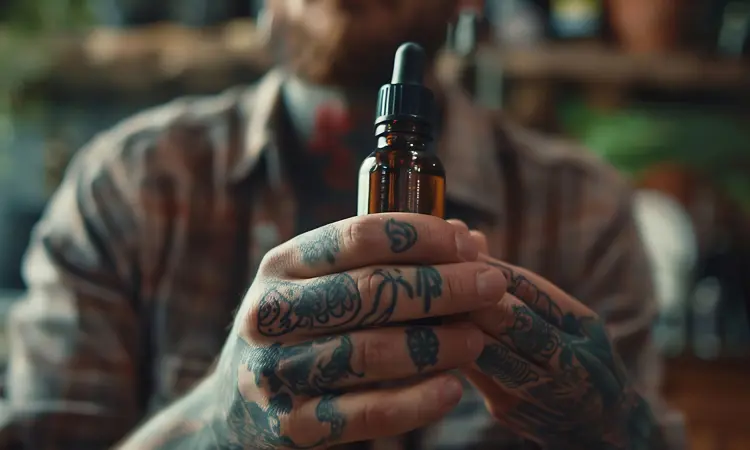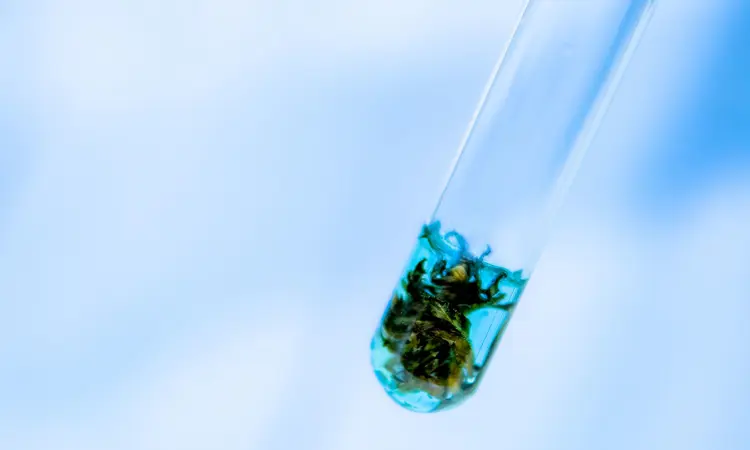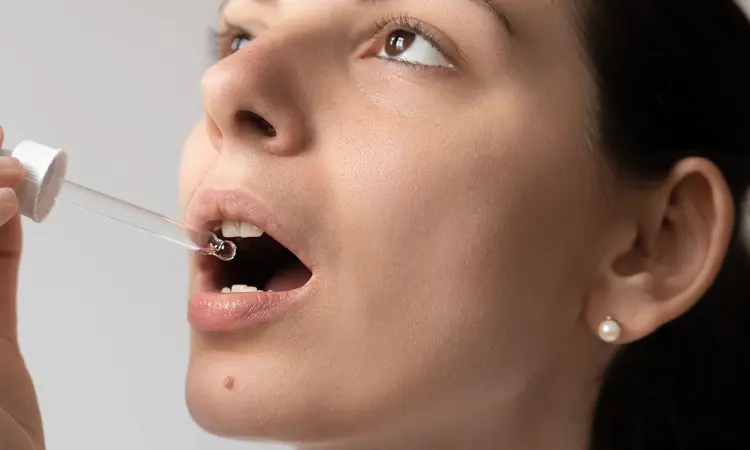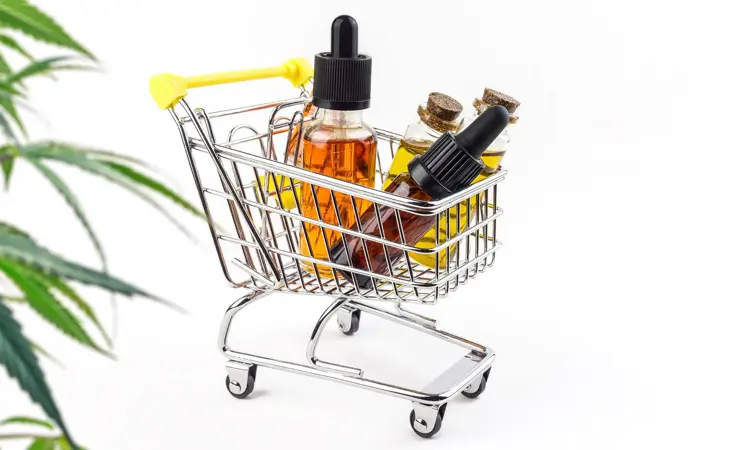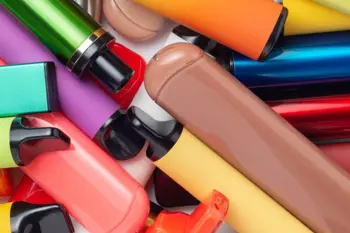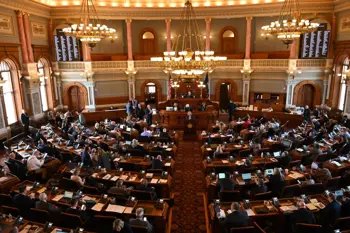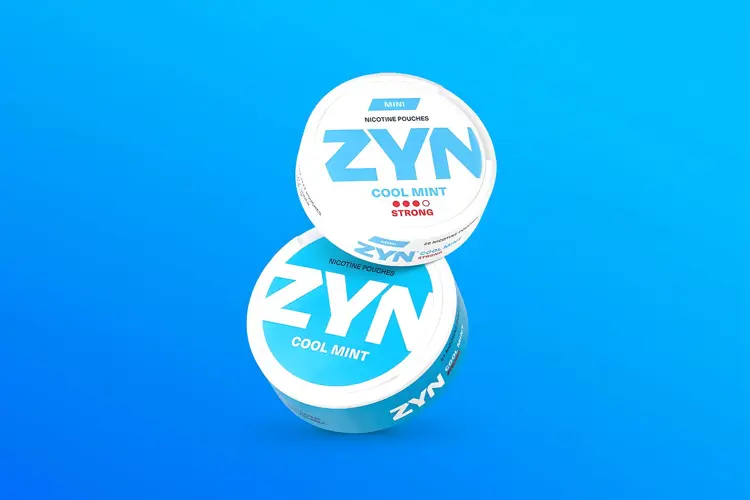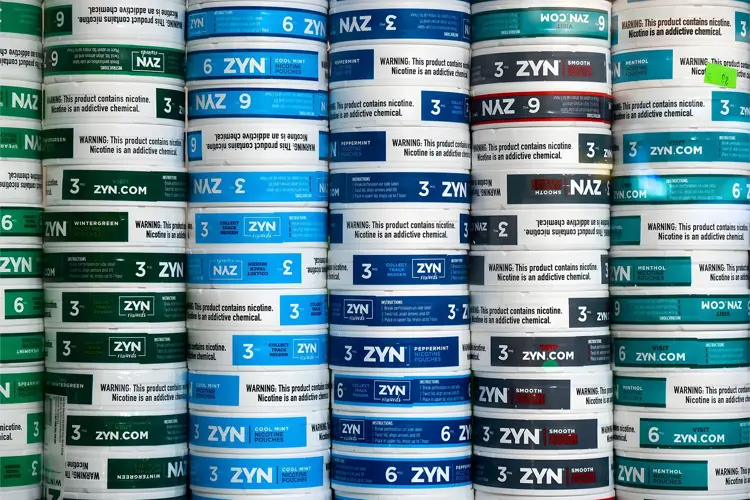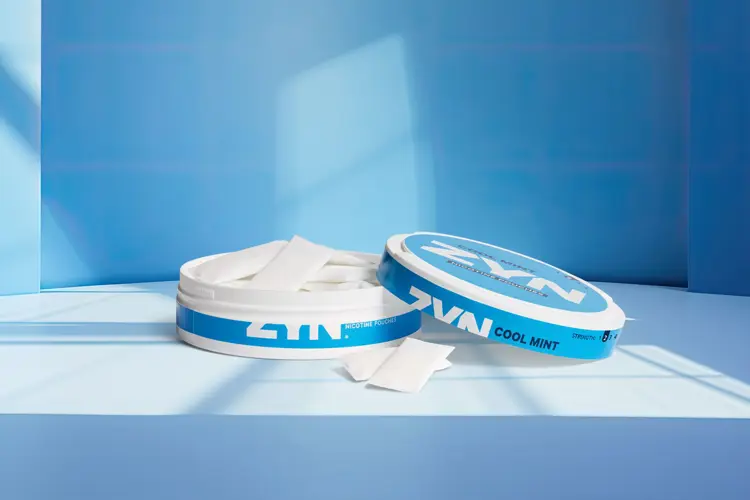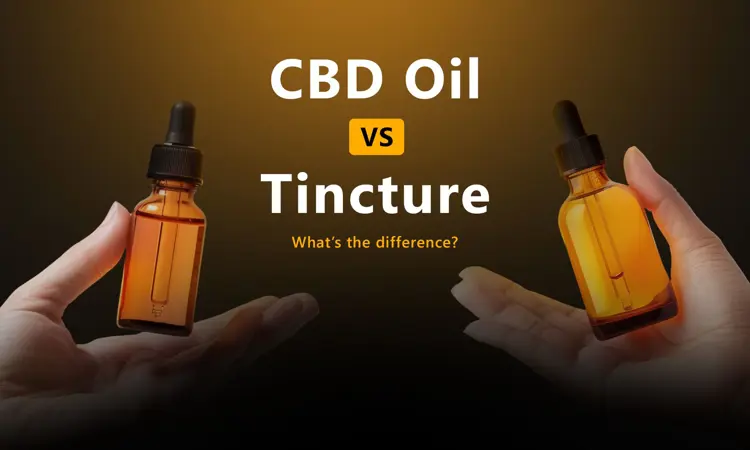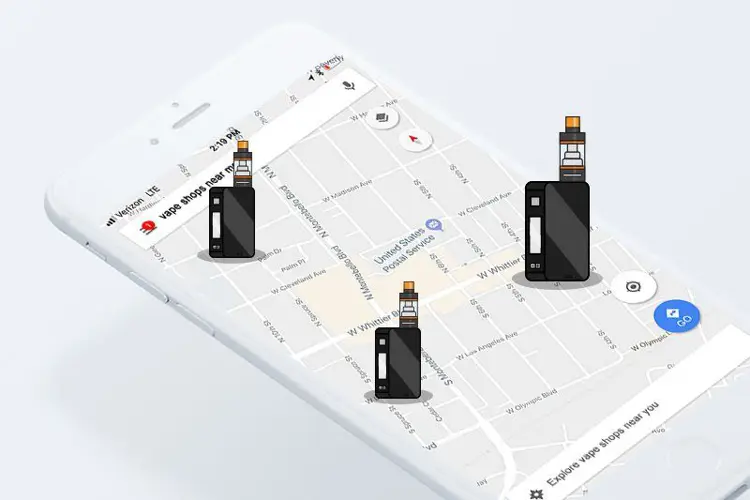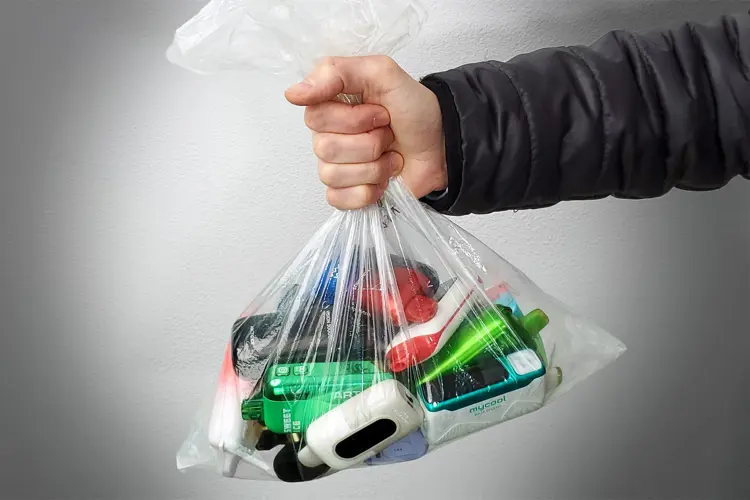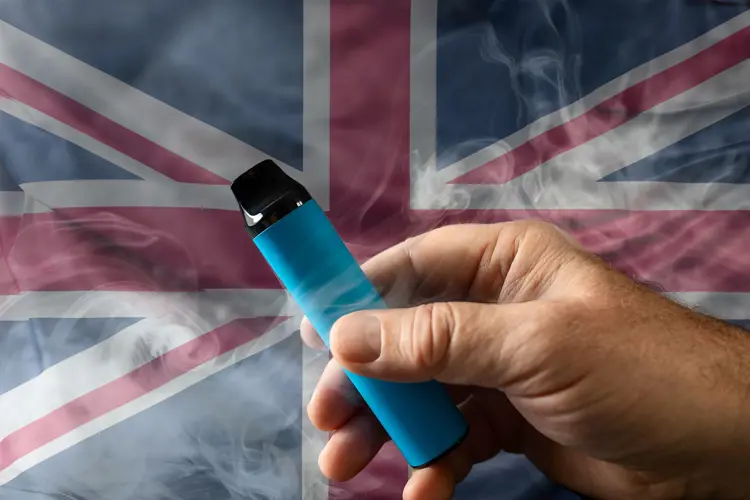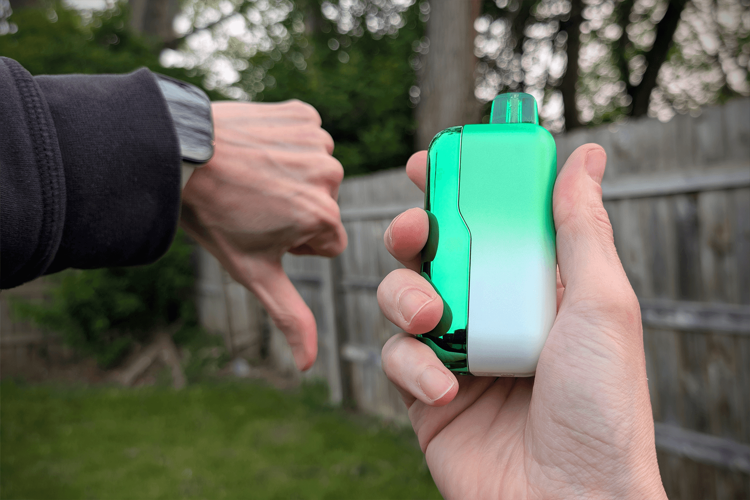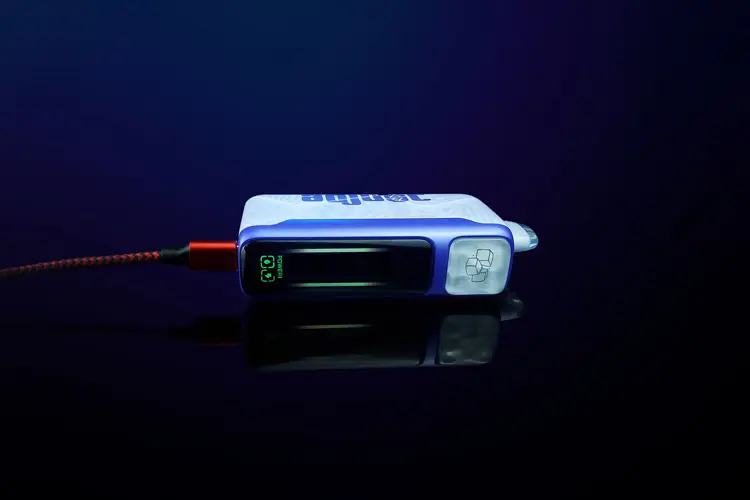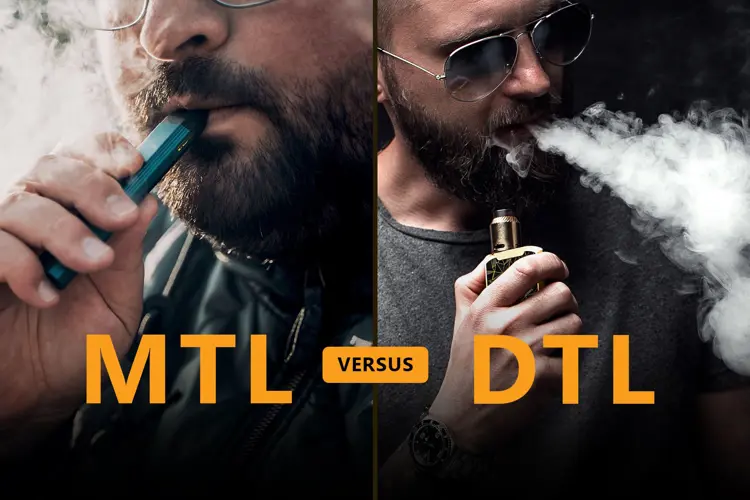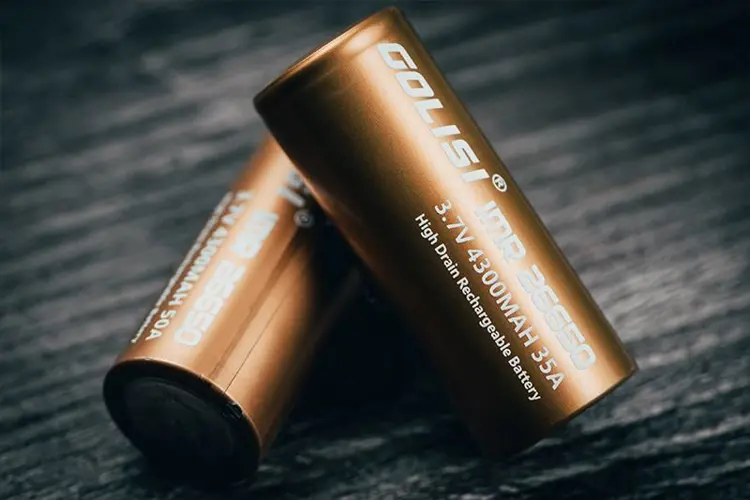CBD tinctures and oils are widely talked about in the hemp space, but it’s not always clear where one ends and the other begins. They aren’t the same type of product—even though the terms are often used interchangeably.
CBD tinctures and CBD oils do have a good deal in common, though they’re produced in unique ways and don’t have all the same uses. One could suit your needs better than the other.
Before you get started shopping for CBD products, here’s what to know about two of the most popular.
What is CBD?
Cannabis products are getting harder to navigate. New cannabinoids are swarming the market, and as convoluted as this space has become, CBD hasn’t gone anywhere. It remains the best-known and easiest-to-access nonintoxicating cannabinoid.
Cannabidiol, aka CBD, is the primary active compound in hemp. It develops after CBDA (its inactive precursor) loses its carboxyl acid group. This happens naturally as the plant ages, though the process can be sped up by exposing CBDA to heat or ultraviolet rays.
CBD’s claim to fame is its slew of potential benefits:
- Inflammation and pain relief
- Seizure prevention
- Stress relief
- Appetite suppression
And that’s just to name a few. It has plenty of effects on the body, but unlike THC, CBD doesn’t get you high.
Are CBD oils and tinctures the same?
No, CBD oil and tincture aren’t the same product. You’ll consume them in similar ways, but the solvents used to make them are different.
Double-check that the CBD tinctures you’re buying aren’t oils in disguise. The term “tincture” is often used to describe any CBD extract that comes in a glass bottle. Just because there’s a handy dropper tool doesn’t mean it’s a tincture either.
Other than differences in production, CBD oils and CBD tinctures both have some limitations. Of the pair, oils tend to be the most versatile. We’ll get into the details of that in a second.
What about CBD vapes?
Finally, there is one more common misunderstanding to deal with: CBD vape juice (or e-liquid) is also sometimes called CBD oil. It is not. E-liquid is made with a base of propylene glycol and vegetable glycerin (PG and VG)—not oil or alcohol. CBD oil carts do contain CBD oil—and are made for vaping—but don’t contain carrier oils dangerous to the lungs.
You can consume e-liquid orally or sublingually if you want to, but do not vape actual CBD oil, which can damage the lungs. True CBD tinctures and oils are not intended for inhalation.
What is CBD tincture?
Authentic CBD tinctures aren’t as common as you’d expect, especially compared to oils. These are alcohol-based extracts intended for sublingual (under the tongue) or oral use.
Raw tinctures are bitter and not always pleasant to ingest directly. Flavoring and sweeteners help tone down the strong taste, as does dilution. If you’re still not a fan, try masking the flavor of CBD tincture by adding a few drops to a beverage. CBD tinctures taken sublingually tend to be more bioavailable than oils, however, so you may need less for comparable effects.
Look for key phrases like “CBD alcohol tincture” or “alcohol-based tincture” to ensure you’re getting the right type of product. You can also check to see if the manufacturer gives details about the extract’s contents. If there’s alcohol present, it’s a tincture.
Alcohol dissolves both fat-soluble and water-soluble compounds. Traditional tinctures are potent, full-spectrum extracts rich in CBD.
How is CBD tincture made?
Making basic CBD tincture isn’t too difficult, despite its commercial rarity. All you need to do is soak decarboxylated hemp flower (ideally high-CBD bud) in high-proof alcohol, such as 60%-70% ethanol. You can technically do this at home—using vodka or Everclear, not poisonous isopropyl alcohol—just without the intensive filtration and purification processes that commercial manufacturers employ.
Tinctures may or may not be diluted with water by the manufacturer. If not, you’ll want to avoid sublingual use (assuming you haven’t diluted the tincture yourself) and add it to drinks instead. Undiluted CBD tinctures have a higher alcohol content.
What is CBD oil?
It’s in the name, but CBD oils are oil-based. You won’t find any alcohol in the finished product. What they do contain, however, is potent CBD extract suspended in an inert carrier oil.
Compared to CBD tinctures, oils are more prone to going bad if they’re stored for long periods or subjected to light and heat. Oil has a shorter shelf-life than alcohol in general, and oil-based products are more susceptible to oxidation. Not only can this lead to your product tasting off, but potency could also be diminished as the environment breaks down its contents.
By the way, you’ll see the term “CBD oil tincture” used every now and again. These products are oils, not true tinctures. Most CBD-in-a-bottle falls into this category. Compared to authentic tinctures, CBD oils are easier to find.
How is CBD oil made?
Tincture makers use alcohol to extract cannabinoids, flavonoids, and other hemp byproducts. Most oil manufacturers prefer carbon dioxide (CO2) extraction.
The details vary between companies, and while many choose medium-chain triglyceride (MCT) coconut oil as a carrier, others prefer hemp, grapeseed, or another type of oil. You get the same effects out of each, although the taste will vary, and some bases have benefits that others lack.
Like tincture, you can prepare your own CBD oil at home—you'll just replace CO2 with a less-efficient heated carrier oil. All you need is dried hemp flower, MCT oil, a saucepan, and cheesecloth for straining. It’s a less time-consuming process than with tincture since you aren't stuck waiting several weeks for the bud to soak.
How to use CBD oils and tinctures
CBD oils and tinctures have plenty of shared uses, but tinctures can limit you.
For the most part, these products are intended to be taken orally. You can add them to food or drop them directly into your mouth. Sublingual use is especially common and speeds up absorption.
Fortunately, most tinctures and oils come with pipettes to simplify CBD dosing—extra useful if you’re a beginner.
Add CBD oil or CBD tincture to food
Tinctures and oils can be taken orally, and that includes adding a few drops to a meal or snack. CBD tincture is commonly added to drinks for dilution.
Not everyone enjoys (or can tolerate) the raw taste of either product. Without flavoring or sweeteners to mask their natural flavor, tinctures can be especially bitter. Plus, they’re made with high-proof alcohol, meaning they can taste...well, alcoholic.
Take matters a step further by making your very own CBD edibles. You can bake or blend CBD oil into gummies, brownies, or any kind of sweet or savory treat.
Drop CBD oil or CBD tincture onto your tongue
Cut out the middleman and consume CBD oil or CBD tincture as-is. It’s less than optimal if you hate the taste, but oral use is as quick and easy as it gets.
Just stay away from undiluted tinctures high in alcohol. It’s not like you’ll get drunk off a few drops, but there’s no harm in staying cautious—especially if you’re sensitive to alcohol.
You don’t need to hold the oil or tincture in your mouth to take it this way.
Take CBD oil or tincture sublingually
As far as a speedier onset is concerned, sublingual use reigns supreme.
Just drop CBD oil or CBD tincture under your tongue and hold it there for at least 30 seconds. Mucous membranes are quick to absorb cannabinoids, bypassing digestion and directing them right into your bloodstream. You may want to avoid bitter or strong-tasting products when using this method.
Keep in mind that any oil you swallow needs to be processed by the digestive system. The longer you hold oil or tincture in your mouth, the more likely you are to absorb CBD for immediate effect.
Apply CBD oil (not tincture) to skin
While CBD oil is usually safe to apply topically, it isn’t wise to rub alcohol-based tincture into your skin. Alcohol is irritating, and you probably won’t get many benefits out of this delivery method.
The full scope of CBD’s topical effects is unclear. There are CBD salves designed to act on local endocannabinoid receptors, possibly relieving soreness or inflammation in one specific area. It’s worth checking out those products if you’re dealing with muscle pain.
Oils aren’t made specifically for topical use, but they may relieve symptoms of eczema or similar skin disorders.
Types of CBD tinctures and oils
CBD concentration varies between products, and some house a wider profile of terpenes, flavonoids, and cannabinoids than others.
Keep in mind that oils (not authentic tinctures) are where you’ll get the full range of options. You aren’t isolating CBD by preparing tinctures the old-fashioned way. If you’d rather create CBD oil at home without CO2 extraction, you’ll get a full-spectrum product, not an isolate.
Full-spectrum CBD
Interest in the entourage effect is growing. We don’t know the full science behind this phenomenon yet, but it’s possible that cannabinoids and terpenes synergize when consumed together. Basically, when cannabis compounds interact, they could strengthen each other’s effects—or create new effects—leading to a unique experience.
As a heads up, remember that full-spectrum CBD oils and CBD tinctures may contain trace THC. Not a lot, but it’s there. They also include CBG, CBC, and other nonintoxicating hemp derivatives. Full-spectrum CBD products may not be for you if you’re seeking pure CBD.
Broad-spectrum CBD
Some CBD manufacturers offer broad-spectrum extracts.
The difference between full- and broad-spectrum products is subtle: full-spectrum extracts don’t filter out THC, while broad-spectrum extracts do. You can still achieve the coveted entourage effect with broad-spectrum oils, which contain a wide range of terpenes and nonintoxicating hemp cannabinoids—just not THC.
That’s not to say you’ll get high from full-spectrum oils. You almost certainly won’t, but broad-spectrum products are a good option for those looking to avoid trace THC building up in their system, which could lead to a failed drug test.
CBD isolate
The name says it all: CBD can be isolated from other plant materials and infused into oil.
Remember that CBD isolates won’t necessarily offer the strongest effects—that really depends on the person and their physiology. Some users respond better to products with a variety of hemp compounds. Again, the synergy between cannabinoids and terpenes can produce a unique experience. But if you just want CBD, isolates are the clear winner.
Which is better: CBD tincture or CBD oil?
With all their benefits and similarities, there’s no one-size-fits-all answer. Some CBD users prefer tincture, and others oil. You don’t need to stick to just one either.
Time for the “but.” While it’s true that neither extract is outright better, you should account for accessibility when shopping. CBD oils are far easier to get your hands on in our current market. Even most products labeled “CBD tincture” are oil-based.
Consider going with CBD tinctures anyway if you:
- Want a product with a longer shelf life
- Have a coconut (or other oil) allergy
- Are looking to maximize bioavailability
Alternatively, those sensitive to alcohol should stick to oils. They're also best if you plan on applying them topically, since alcohol-based tinctures can be irritating and probably won’t do much for skin conditions (unlike CBD oil). Remember to perform a patch test before using any extracts topically.
Are CBD oils and tinctures legal?
Yes, both oils and tinctures are federally legal in the United States under the 2018 Farm Bill. All legal hemp products must contain under 0.3% delta 9 THC by dry weight. State laws vary.
CBD’s legality varies around the world, and not every country distinguishes hemp from marijuana. Cannabis of all kinds could be highly illegal in your area, so be careful.
President Trump promised during his election campaign to “save vaping," but his administration has undermined that goal at every turn.
The U.S. disposable vape market has grown to $2 billion in annual sales, although nearly none of the products are authorized by the FDA.
More than 30 bills that would impose severe restrictions vaping consumers’ product choices remain active in U.S. state legislatures.
The Freemax REXA PRO and REXA SMART are highly advanced pod vapes, offering seemingly endless features, beautiful touchscreens, and new DUOMAX pods.
The OXVA XLIM Pro 2 DNA is powered by a custom-made Evolv DNA chipset, offering a Replay function and dry hit protection. Read our review to find out more.
The SKE Bar is a 2 mL replaceable pod vape with a 500 mAh battery, a 1.2-ohm mesh coil, and 35 flavors to choose from in 2% nicotine.

